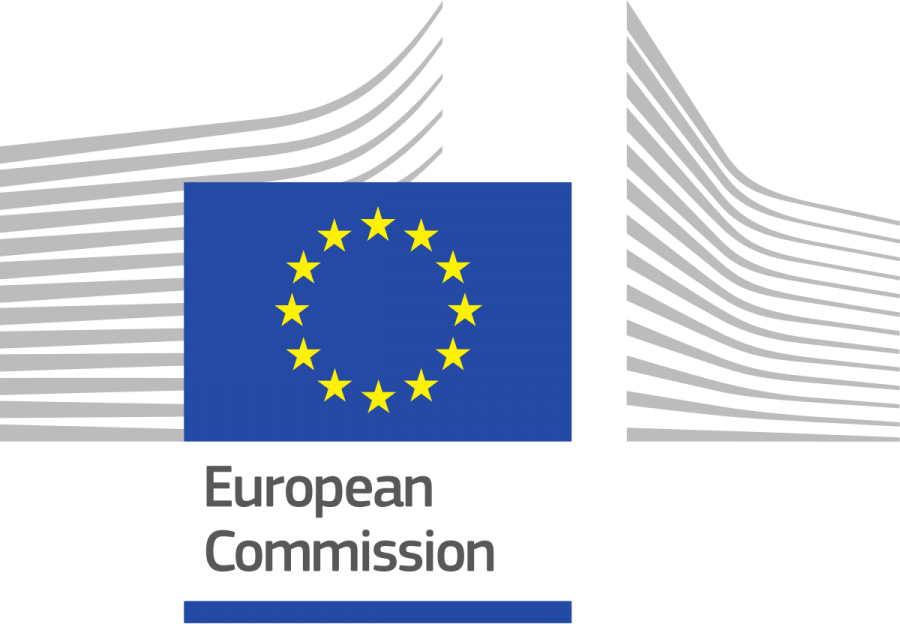
WB6 CIF contributes to EU Commission’s White paper on foreign subsidies
WB6 Chamber Investment Forum responded to the EU Commission call for public consultations on the proposed White paper on levelling the playing field as regards foreign subsidies and submitted it comments representing the interests of the Western Balkans business community.
On 17 June 2020 the European Commission released for consultation its white paper on levelling the playing field as regards foreign subsidies. The published paper focuses on how to respond to third countries giving subsidies to companies that are ultimately active in the EU. The concern is that these subsidies create distortion to the EU single market, and the paper proposes new tools to address the perceived unfair competition resulting from foreign subsidies. The public consultation was open until 23 September 2020.
The paper analysis the existing legal instruments that address foreign subsidies discussing the question of a regulatory gap existing within the current framework. It proposes three modules and measures, depending on the type of foreign subsidy, to address the perceived regulatory gap concerning foreign subsidies distorting the EU single market. Each of these modules sets new far-reaching powers given to the EU Commission and authorities at the Member State level, which would enable them to investigate and determine the impact of foreign subsidies on the right to operate in the internal market.
After careful consideration and consultations with business operators and other stakeholders from the Western Balkans, WB6 CIF submitted its contribution to the Commission’s Whiter paper drawing attention to certain issues that may arise for the Western Balkans economies if the contemplated measures are adopted. This is the first time that WB6 CIF jointly submit its contribution to the EU draft legislative proposal.
WB6 CIF believes that any framework the Commission plans to adopt should consider the specific position of the Western Balkan countries as well as the stabilization objective that the EU has committed to under the Stabilization and Association Agreements. WB6 CIF urges the Commission to consider an impact such framework may have on the developing economies of the Western Balkans and their undertakings. As the stability of these economies depends on foreign investments, any framework on foreign subsidies the EU adopts should include a tailor made approach to the Western Balkan countries that reflects their specific situation. Namely, the existence of Stabilization and Association Agreements, their ties to the EU, and the importance of opening up their economies to foreign investments not only from the EU but also from other countries.
In particular, WB6 CIF believes that the White Paper framework should not apply to undertakings in Western Balkan in relation to aid granted by their governments, as all these countries already have appropriate State aid regimes in place under the SAAs, and there is thus no regulatory gap the White Paper needs to fill. Furthermore, as regards to any aid from third countries granted to Western Balkan undertakings, WB6 CIF believes that for policy reasons and taking into account the fact that the Western Balkan economies have to catch up with the Member States economies, the White Paper framework should not apply or should at least be modified to capture these considerations.
On the investigation and enforcement of any potential measures, WB6 CIF believes that this should not be left to national authorities considering EU’s international obligations pursuant to many bilateral and multilateral agreements, including the Stabilization and Association Agreements that the EU has concluded with the Western Balkan economies.
WB6 CIF hopes that the Commission will find the comments helpful and that the Commission’s eventual framework takes into account the unique circumstances of undertakings based in the WB6 economies, including (i) the existence of State aid regimes in these countries, (ii) the mutual interest of the EU and the WB6 in the economic development of the region ahead of the accession to the EU.



